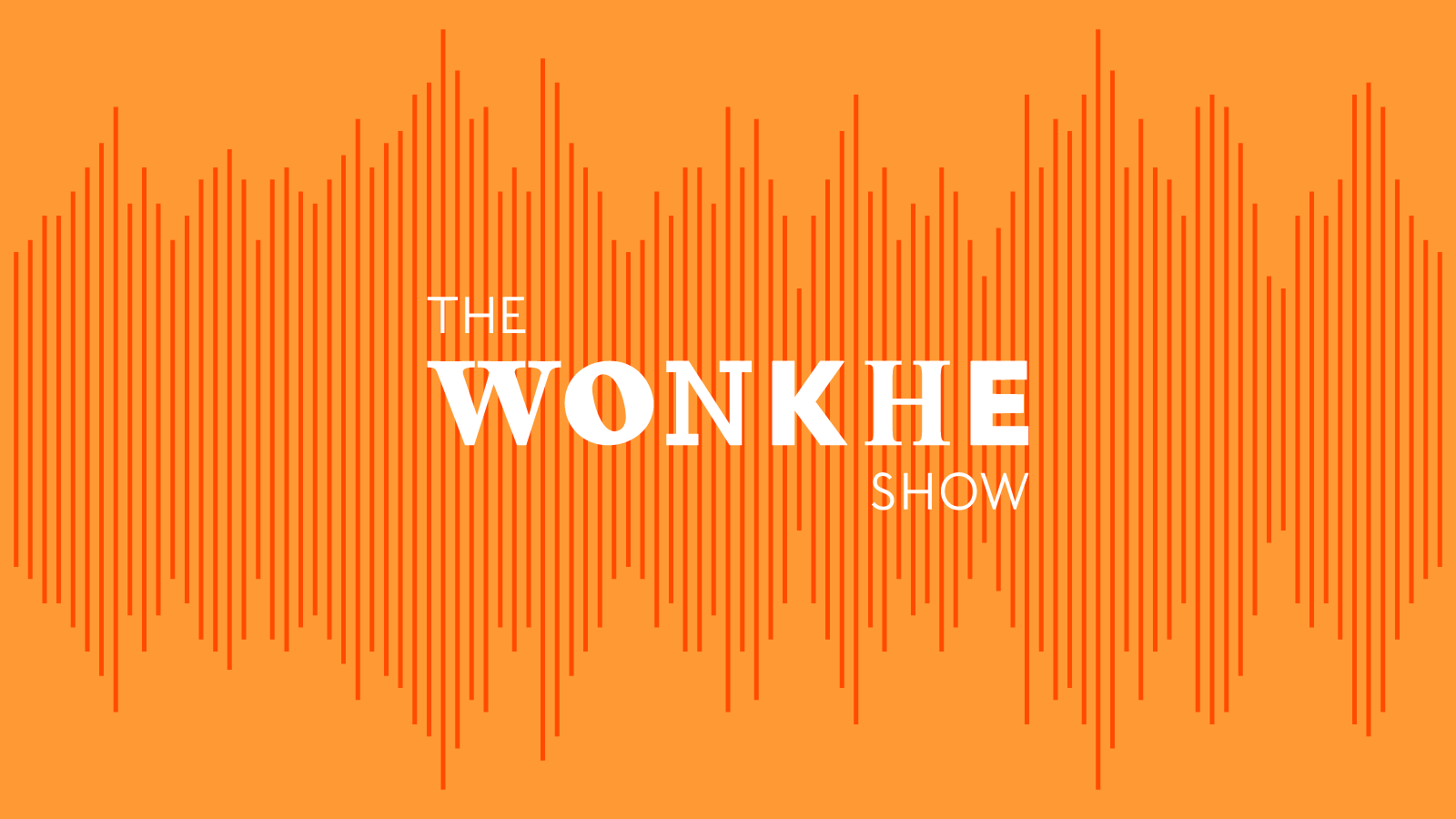This week on the podcast we discuss the crisis in Ukraine and what universities can do, and would like to do if only the Home Office allowed it.
There’s also Phillip Augar on the government’s response to his review, a new admissions code, a look at university finances via the National Audit Office and DK’s been to Digifest.
With Paul Greatrix, Registrar at the University of Nottingham; Laura Tamara, Co-President at BedsSU; David Kernohan, Associate Editor at Wonkhe and presented by Mark Leach, Editor in Chief at Wonkhe.
Featured on the show
- The Council for At Risk Academics
- Who paid the price for provider survival during the pandemic?
- Conditional unconditionals are dead – but is the damage already done?
- Augar’s review of fees and funding on Wonkhe
- Students need universities to act over Ukraine
Correlate
The sector has shifted in size and shape over the past seven years – with subject areas and thus staff numbers growing and shrinking according to the demands of applicants and what the market will bear. Or has it? I’ve plotted the number of academic staff in each cost centre (broadly in each broad subject area) in 2014-15 and 2020-21. A correlation would mean that subject areas have all grown at the same rate, an absence of a correlation would mean that some subjects have grown while others have shrunk. So – does it correlate?
The answer here surprised me a lot – R squared is 0.98, a very strong correlation. This does hide some interesting movements – for instance the number of academics in health and community studies has fallen between 2014-15 and 2020-21.
The graph on the podcast page as a range of filters that offer further insights. We learn for example that computer science has seen a large growth in academics under 25 over this period, and that there are more staff in business studies over 66 years old than in any other subject area. Data is from the HESA Staff collection – and where the data doesn’t exist I’ve not plotted it.
Get involved
To get involved in The Wonkhe Show, email team@wonkhe.com


